
What characterises the Ghanaian to parry a seriously worrying situation, current or past, is his or her sense of humour which may or not resolve awkward crisis but it instantly disarms the crisis, whichever. Rife public sarcasm which prefers to urge the min-minority in parliament to stay at home because they would be irrelevant at the close. I realise much of it is taken from being overwhelmed numerically. I shudder its consequences. If it meant as a teaser, so be it. But its bearing generally and on our wobbly democracy may take a cautionary advice, relative to both meanings of the themes here. There is no doubt this country has come a long way from Krobo Edusei’s equivalent historically, the ruling CPP in similar electoral majority that ‘’all that is left of the party, is to turn a man into a woman.’’ He was winding up a debate after Prof. Kofi Busia had made convincing counters to details of government intents for a Bill. He ended with a dramatic rhetoric: ‘’Kofi ei yennsuom’’—‘we on this side won’t accept—what a deja entendu!
The loss to the country is history. I doubt the NDC is going to ride shove over the Opposition, despite the innate greater quality and better impacts; and or benefits to the polity. I shall deal before I end with other references to illustrate the slippery ways which we confront for contrasts showing indirectly and implied advisedly what is lacking, contrary to the depths of those years, comparatively. This is not to shift the balance of power necessarily. The public notes and that memory is enduring with a devastating force to hit ferociously. For example 7 Dec. 2024. In any case, by the time of this publication, the sense in whether who is fit for this or that job would be crawling to the end. The right or wrong political interpretation of the disagreements initially was read as deliberate time wasting tactics to enhance a legitimate attack on government’s “120 days”-pledge to shake out the key systems in governance.
That is an assumed to cause failure to match promise with actions. That would be legitimate to embarrass government. The counter would be that the vetting committee wasn’t expected to rubber stamp nominees. Between the two lie both logical and moral deductions. Be that as it may, I would state, speaking a summary of parliamentary vetting of the first three as Ministers-Designate 13 Jan.2025, The ambience in the Hall for quiet probe to assess suitability was satisfactory. But that was more oft-ruffled by exchanges among some panel members. You heard a member urge the chair person to “assert” his powers. The interruptions were characterised by a seemingly clear one-upmanship. It turned my mind back to years of the “Cold war” and particularly the scary-search reign of the then US powerful politician, lawyer and diplomat John Foster Dulles. He was labelled, literally, as looking for “Reds” (Communists) under baby-cots, mid-50s on, in the US on one hand.
On and another, conjured historic Spanish Roman Catholic Inquisition in the 13th century which hunted to put down heretics. The unexpected spectacle became a tapestry, punctuated by US type Secretary of State Henry Kissinger on shuttle diplomacy reaching out to PLO leader Yasser Arafat. Back to firma terra, the uproars in the during the course of vetting from first through second to the third It was an un-edifying day, for the Legislature, reminiscent of 8 Jan 2021 commencing the 8th House, all in vain. This is the ninth in the Fourth Republic. Even the expunged verbiage of the report on the day’s proceedings would be “best seller” if the House decided. I hope it would be available for researchers. The House might consider it to contribute to earnings to the country—kind of small but mightily exemplary in our exasperation to find money.
Before that Monday’s ugly fiesta in really much ado about nothing, we have as a nation reacted to the latter-day troubles post-elections like such hadn’t happened ever before in our history during and after independence to date. I put the blame on not keeping our history. It would be sadistic to detail destructions, deaths and losses. It would be morally right to state the scales of damages had been different in between the aftermaths of elections throughout the years. What memories would debate as contentious, is the individual’s pitch, comparatively; because it is deemed as more private guess-mate than an official figures beyond all reasonable doubt. Neither is a small shortage to persons nor country, including image; and this is politics where Mosaic Law shapes the hit-back retrospectively.
Every fidei defensor is usually heard adamant about their retributive activism. Therefore, it seems a gaping omission in the priorities—among the first most immediate cancers for this country is the swift step by step approach towards rapprochement. In Ewe, the surgical operation is called “Kpodzidzoo” and in Yoruba, “dzor! dzor!”–PEACE. How? We go to church 24-hour-day. Though I see it ultimate likely to attendance-conflict with “24-Hour economy,’’ considering the eruption here of over-plethora of a renaissance of divinations and apparent influence which star-shared publicity or, indeed overwhelmed norm belief criss-crossing the recent electoral routines, not being agnostic. The disruptions that had occurred drove in a hitherto unscathed public service Chiefs. They are seen as the profile of excess politicization of all state institutions. It has its history tailing back to what had become known in this country at that time as the “ONE O’CLOCK FEVER”. Top men [or women if any], were GBC-announced dismissed then. The follow-on was the “SIX O’CLOCK….” same day. But the subsequent bulletins repeated the information mundanely. In that context, the rows over Officers barred, are new dimension.
Through the years before and after the ousting of the 1966 of the First Republic, these were coupled alongside, inherited deportations of Diplomats, foreign news Correspondents and sojourned aliens whom the government of the day had deemed “non-grata” and or, were known or thought to be stated that the myriad of difficulties of chieftaincy today, partly derive from that notion held by successive civilian and military governments. At least on that the 19992 constitution insulates chieftaincy against politics. What is wrong is competing claimants aligning with political parties for legitimacy. This is the eventual child of gazetting by colonialism whose initial tactic was to win the loyalty through the stipend a chief received as recognised and subjugated, gazetted. The Clauses of the Bond of 1844 are intriguingly illuminating. Our political leaders lost their poise and failed to abolish or replace after independence with an apolitical fabric, consonant with succinct laid-down traditional procedures. I think I have unveiled enough of vignettes on chieftaincy’s obstacles to stay the main theme here.
Until December 2024, the most hideous of rampant chaos relative to post-elections was 2012 in Accra. I believe the NPP apologised and some token compensation was gestured. The mood now, is different and the force of anger with targets emanate against politicised Directorates and state institutions. Whichever, faces the brunt is wrong and unacceptable. Whereas the leaderships of the political parties would together undertake the apologia, (nice after all because it lowers the years of overheated political temperature), I could anticipate partisan protests. The pointed reasons for being indiscriminate are: no one can vouch who to precisely pin on; our dirty politics have grown camouflages to impersonate, wearing or carrying another party shirt to cause trouble. The titles and portfolios within our political parties have become over-populous—the re-collation and complained decisions’-inconsistencies were more than show-case evidence. And finally what would demonstrate a new political era. The same might look like priming the EC as obviously requiring urgent overhaul. I should return to the past with the narratives on three separate status quo post-ballots.
They all arrived to rule with overwhelming majorities for the winner-political parties: the Progress Party [PP—ashes of the UP (DOMO)]. It was founded-led by Prof. Busia 1969-72, the Second Republic; broke up into PFP and UNC, re-assembled NPP today; the Peoples National Party [PNP—CPP incarnate, the Third Republic, 1979-81] and thirdly, the National Democratic Congress [NDC] a military junta-morphed returned to power December 7, 2024. History would recall the PP’s landslide was probably engineered by a Decree by the governing military-led National Liberation Council which barred the CPP contesting the immediate preceding elections. The important point in the results was the presence of another political party, the K.A. Gbedemah’s National Alliance of Liberals [NAL]. He was stopped another Decree though he had the Keta seat. His NAL group in parliament gave the PP a sweltering run round throughout the life that parliament. They carried the game to the PP just as nine of the amalgam of splintered CPPist parties showed in the House, some few years after the NPP (today) made that fatal error to have boycotted the elections, following NPP’s Prof. Albert Adu Boahene’s loss to Flt.-Lt Jerry Rawlings.
Impacts of that defeat spelt apparent “un-forgiveness” [typical of the Right of politics globally]; and decimation of members, explaining shortage of candidates 19… Self-criticisms among the goings-on after the last December trouncing is littered with questions about ‘’genuine’’ party members. The gravamen of the historical detour is to draw attention as well as earliest realisation: political roles have changed—new Government and new Opposition. And so have job prescriptions. I put all that against a background of a ‘’Bootsy-Boss-Government’’, versus an Opposition, which is dogged to reject or find fault(s) correspondingly. In this ‘’no compromise’’ lies the key mind—a philosophy since independence.
So far, the exchanges on the floor of the Chamber appear to be hi-jacked by excess talking for either building public confidence, or, write-off. No side has a monopoly, activating the roles. But countrywide first impression would seem to conclude specifically, that the Opposition would need to learn lessons from the NAL’s paucity or, the hotch-potch CPP opposition during Rawlings’ first presidential term, party-politicking unblocked. Seen in its short and long terms, the thought is the Opposition might come under pressure to want to get back to a closest introspection about modus operandi and align it with what is required of an overwhelmed minority.
Earlier I have referred to historical narratives strictly and demonstrably for reference in our history. The referenced instructs are—choreographed cogency, patience, how to manage or cope with feelings – [in football, its ability to “read the game”] and avoidance of playing possum. These strategies defeat alternatives winning the debate but lose the vote. Its ultimate dividends are the notes and its image sticks less than ephemeral though image is anything but diverse—more so in politics and difficult to be straight about, whichever horoscope is available, unlike delicately asking biblically: “from whence cometh all the electioneering Prophets”?
By Prof Nana Essilfie-Conduah
The post Deja vu et deja entendu – Heard and seen before appeared first on Ghanaian Times.
Read Full Story
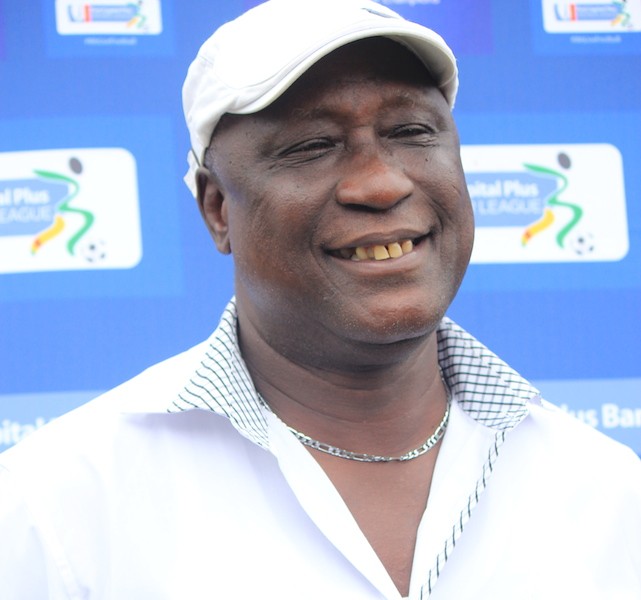


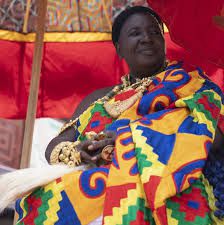




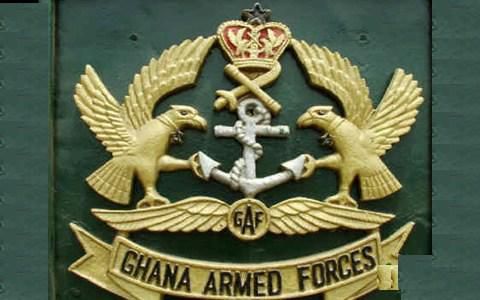

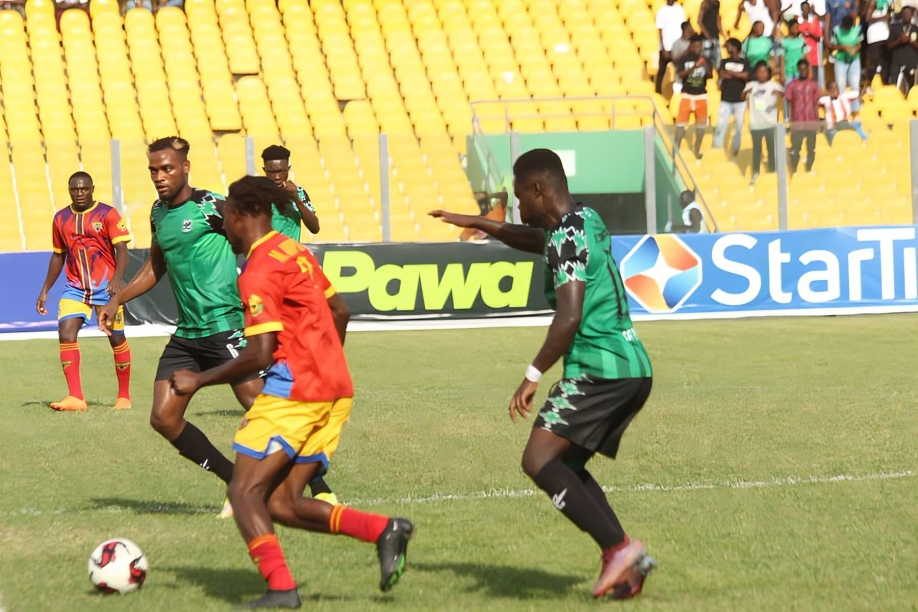

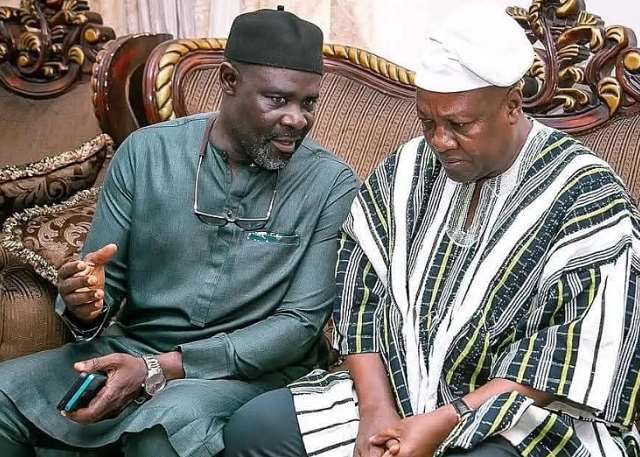
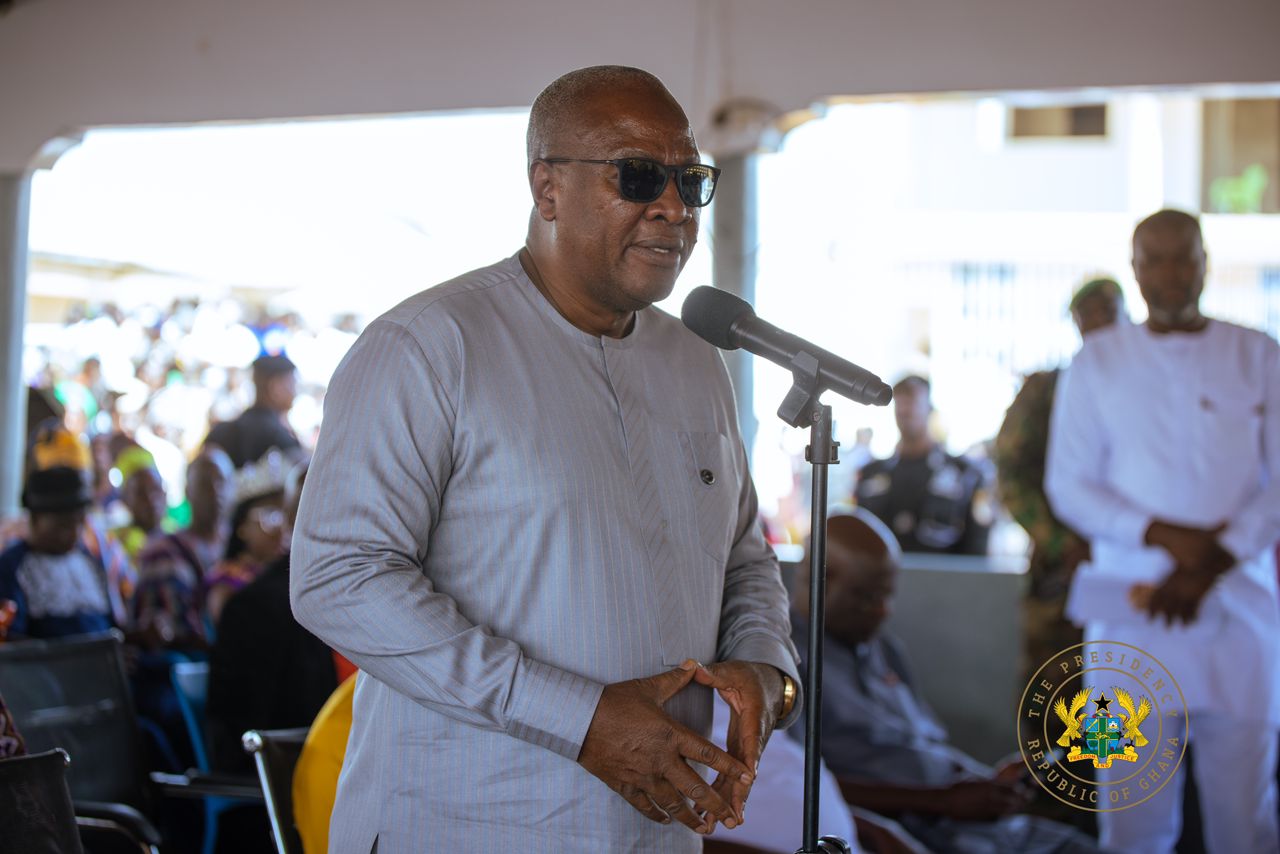
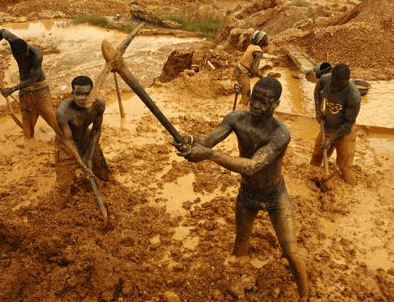
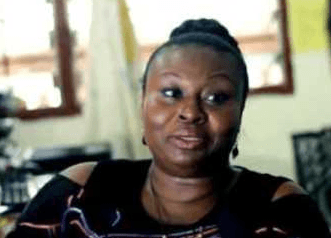




Facebook
Twitter
Pinterest
Instagram
Google+
YouTube
LinkedIn
RSS